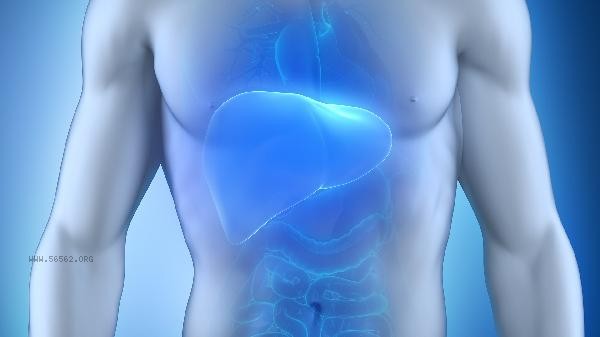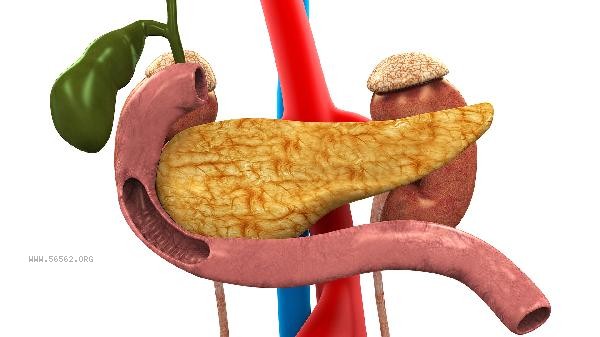Total cholesterol of 11.8 mmol/L is considered severely elevated and usually requires immediate intervention and treatment. The main risks include accelerated atherosclerosis, increased risk of acute pancreatitis, increased susceptibility to coronary heart disease, potential cerebrovascular accidents, and increased peripheral vascular disease.

1. Risk of arteriosclerosis:
Cholesterol deposition accelerates the formation of lipid plaques in the arterial intima, and the oxidation of low-density lipoprotein cholesterol induces inflammatory reactions, leading to a decrease in vascular elasticity. This situation requires the combination of statins such as atorvastatin and ezetimibe to regulate blood lipids, while monitoring carotid artery ultrasound to evaluate plaque stability.
2. Prevention of pancreatitis:
High cholesterol may induce chylomicronemia, block pancreatic microvessels, and cause chemical inflammation. Manifested as sudden severe upper abdominal pain accompanied by vomiting, requiring urgent lipid-lowering treatment. Fenofibrate and other beta drugs can rapidly reduce triglycerides, and plasma exchange may be necessary.
3. Cardiac protective measures:

The risk of coronary artery stenosis is significantly increased, which may lead to stable angina or acute coronary syndrome. In addition to routine lipid-lowering, it is recommended to improve exercise stress testing to evaluate the degree of myocardial ischemia, and if necessary, perform coronary CTA examination.
4. Cerebrovascular evaluation:
Cerebral atherosclerosis is easy to lead to transient ischemic attack, manifested as unilateral limb numbness or vague speech. Head and neck angiography examination is required, while controlling blood pressure below 130/80 mmHg.
5. Peripheral vascular management:
Lower limb arterial occlusion may result in intermittent claudication, which can lead to resting pain in severe cases. Suggest testing ankle brachial index and using antioxidants such as probucol to improve endothelial function.

Strictly limit the intake of animal organs and trans fatty acids in diet, and keep cooking oil within 20 grams per day. Priority should be given to deep-sea fish to supplement with omega-3 fatty acids, with a daily intake of 50 grams of walnuts or flaxseed. Aerobic exercise is recommended to do brisk walking or swimming 5 times a week, lasting for at least 40 minutes each time. Quit smoking and limit alcohol intake, with men drinking no more than 25 grams of ethanol equivalent per day. When regularly reviewing the blood lipid profile, it is necessary to take blood on an empty stomach for 12 hours and maintain a normal diet for 3 days before the examination. For patients with familial hypercholesterolemia, it is recommended that immediate family members undergo genetic screening.









Comments (0)
Leave a Comment
No comments yet
Be the first to share your thoughts!